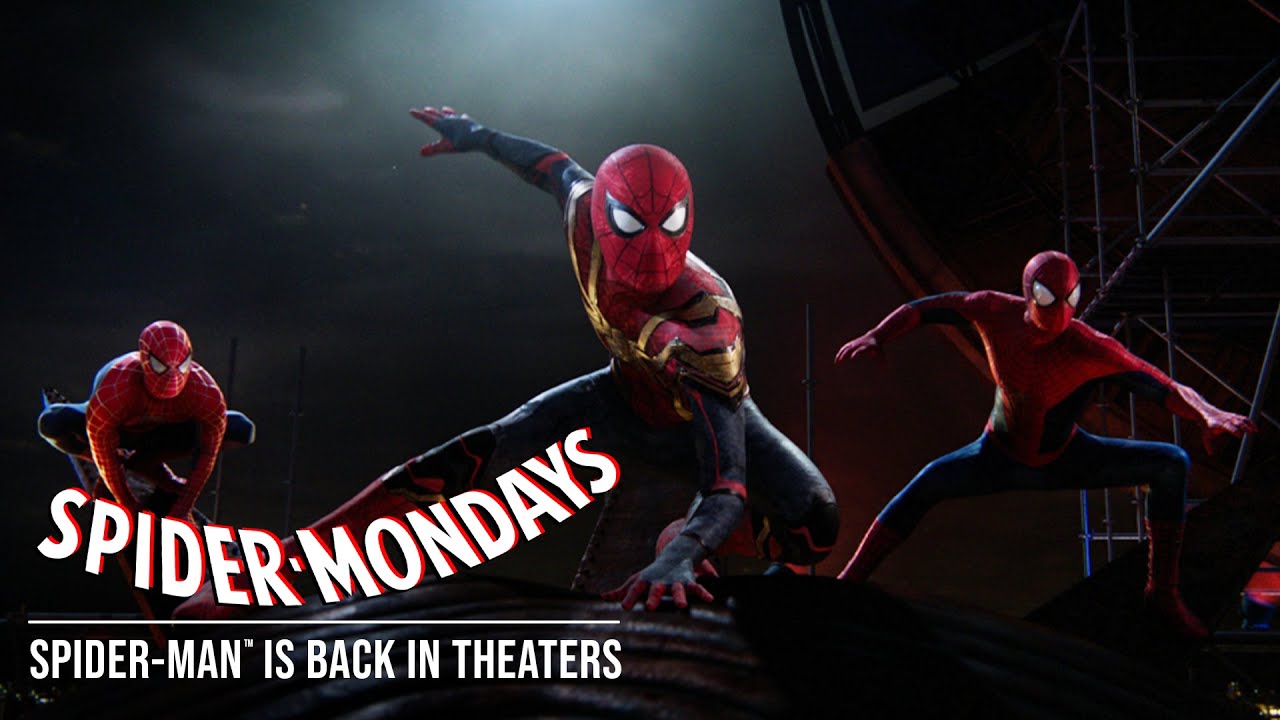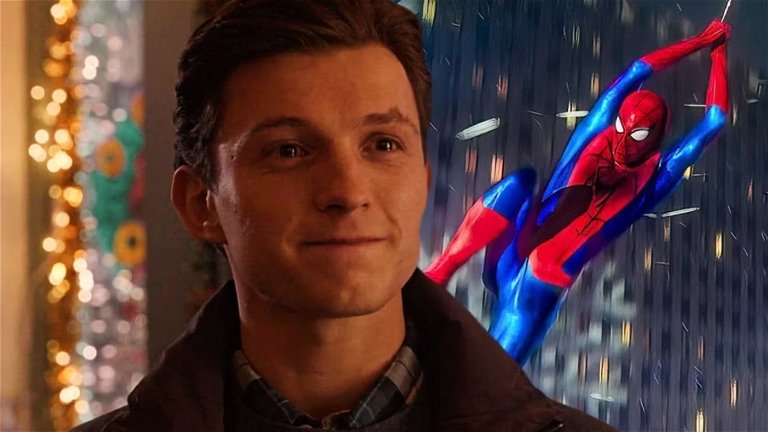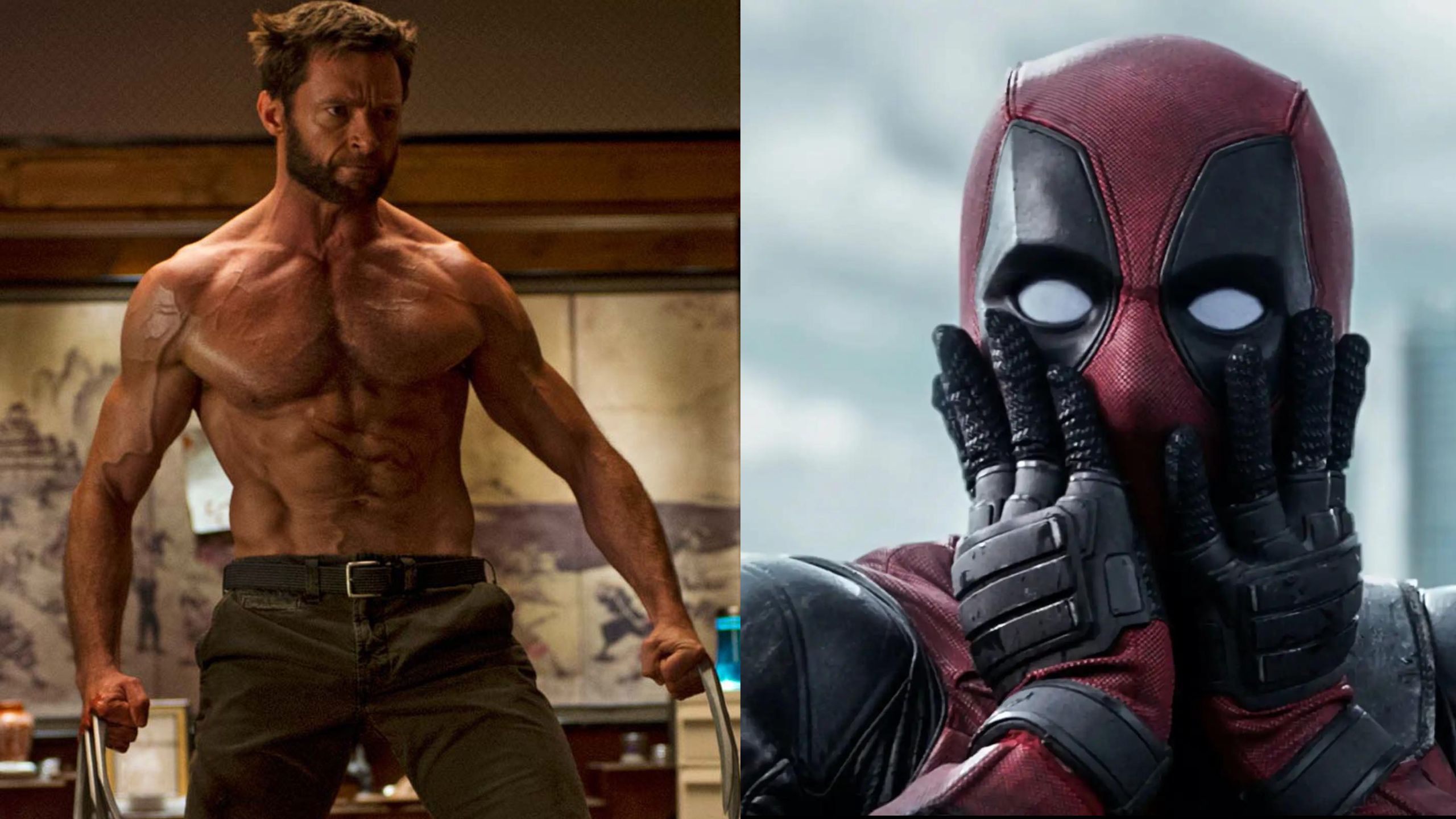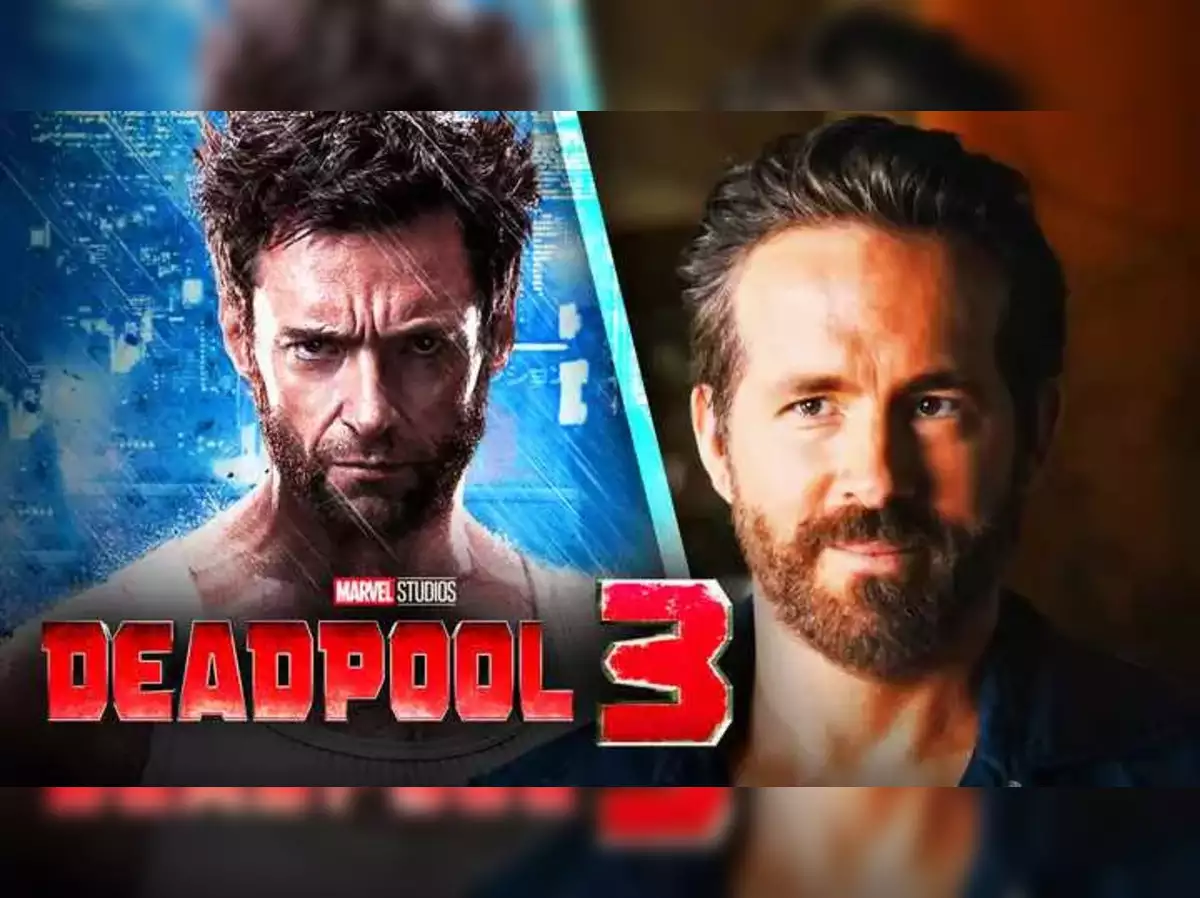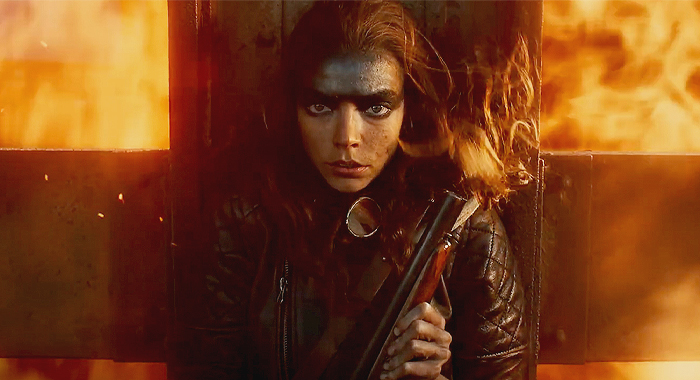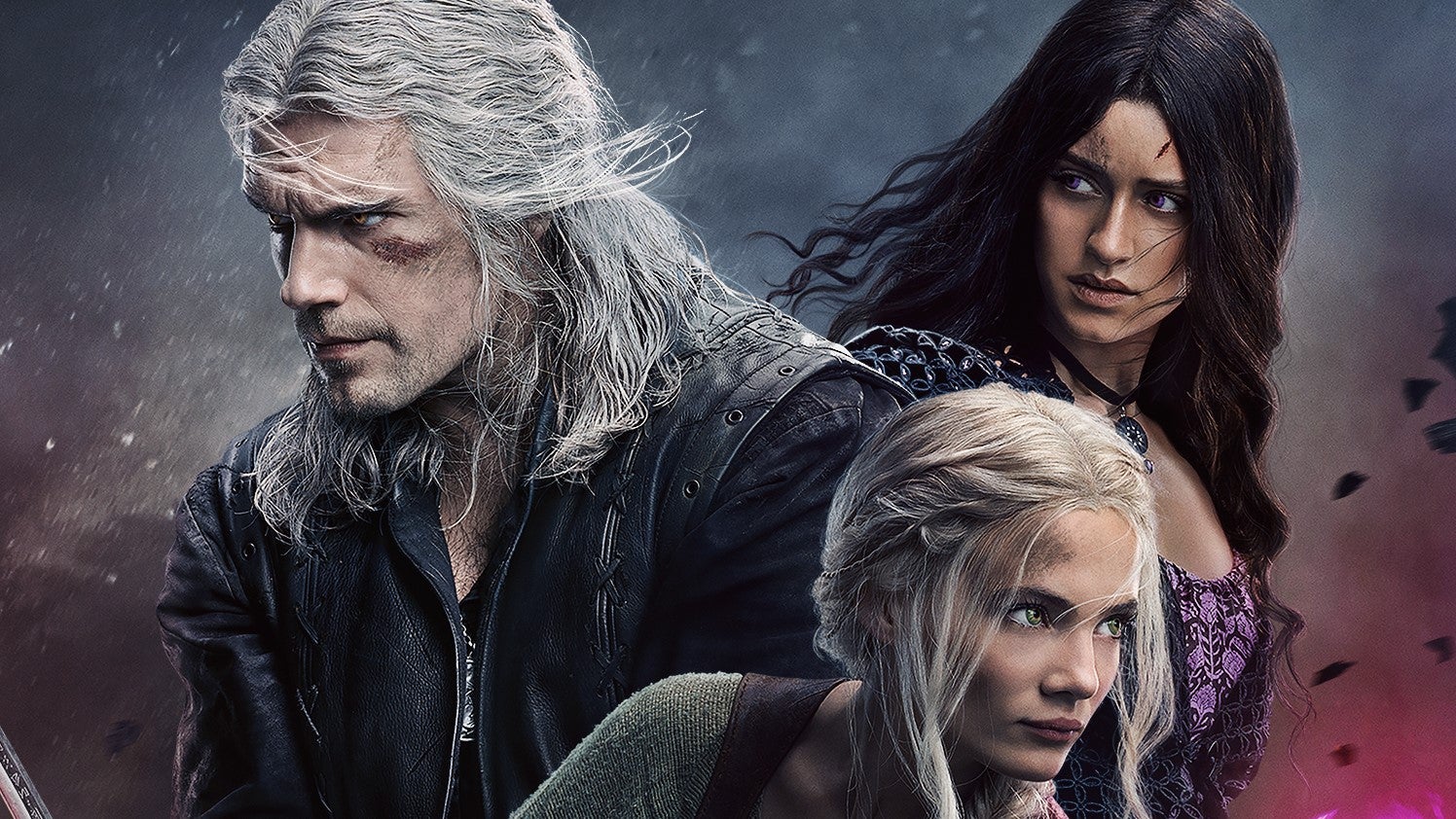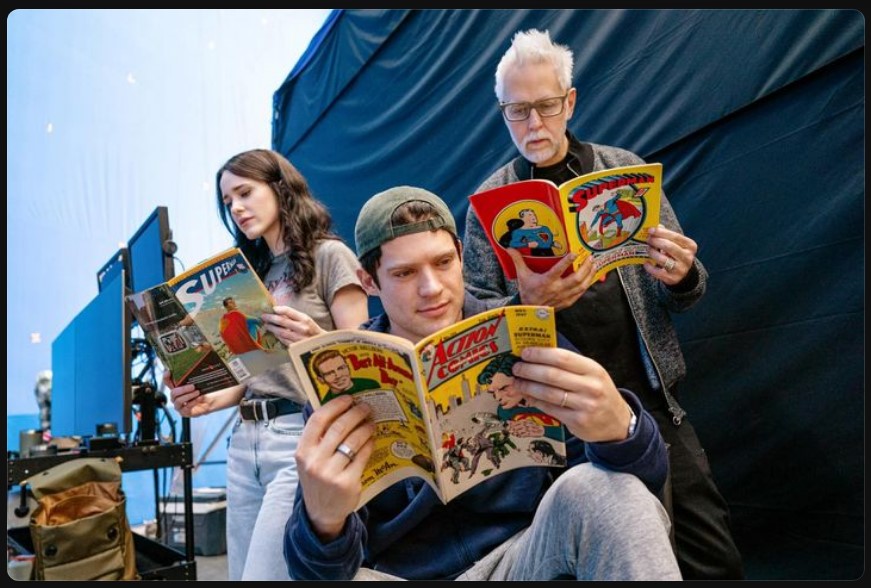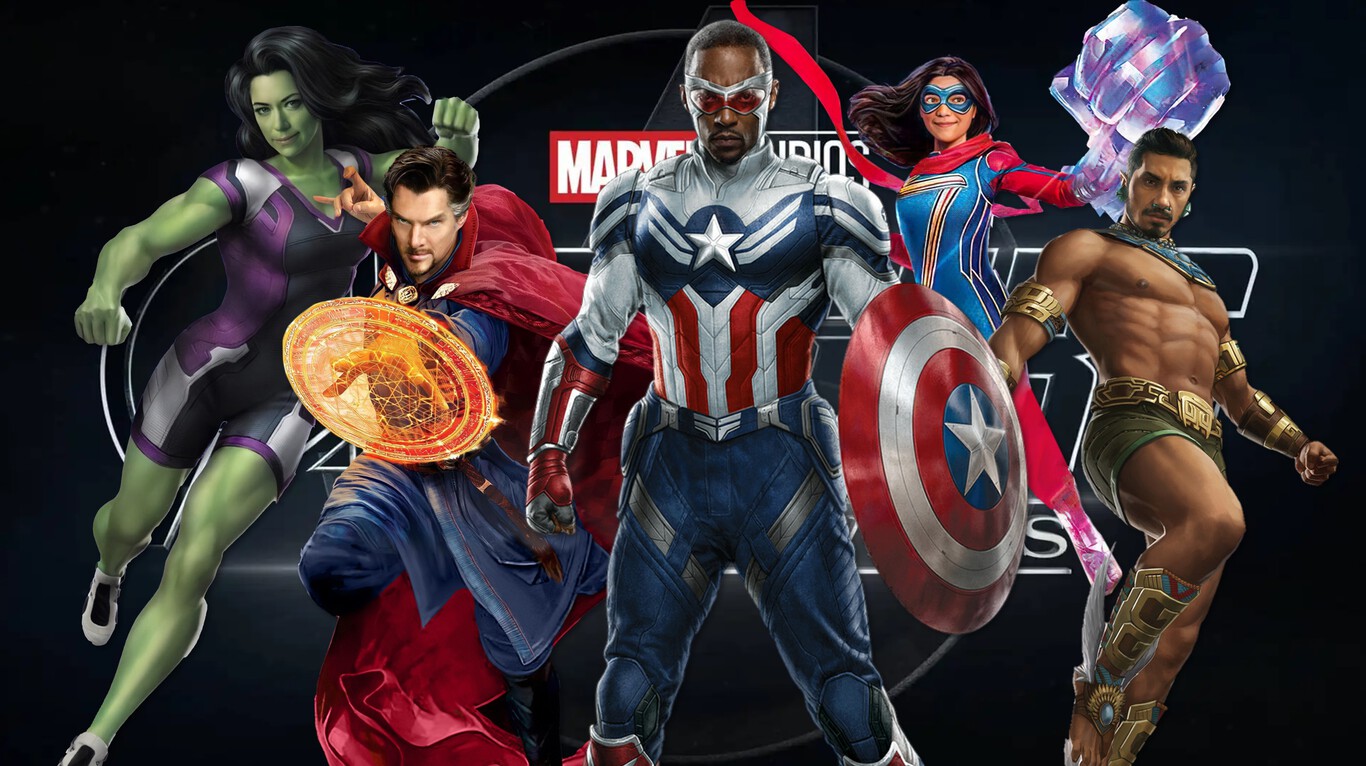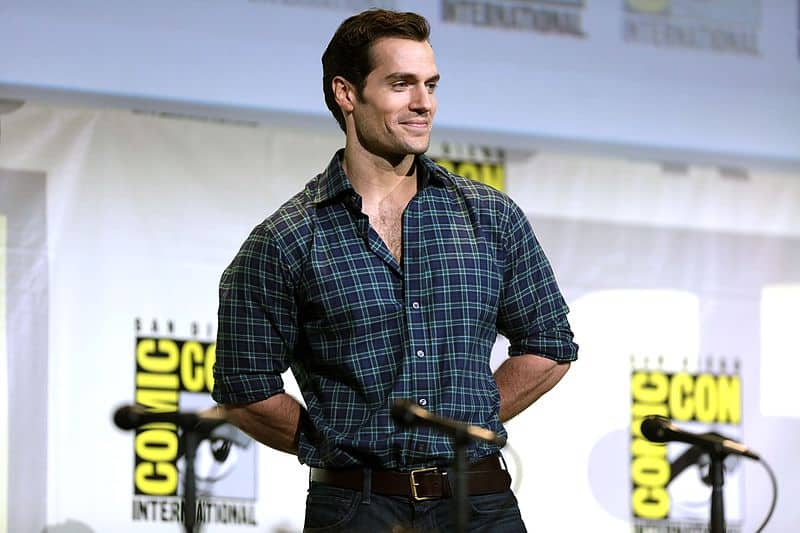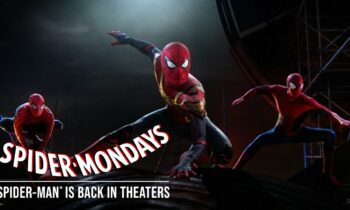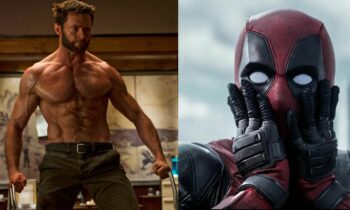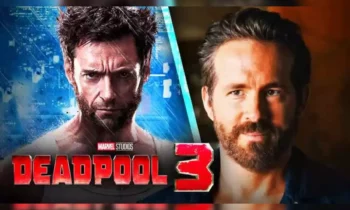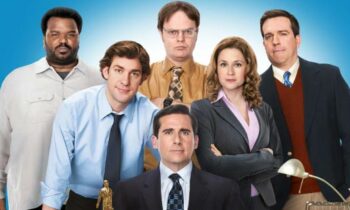Pop Culture
Culture is a reflection of your community, and popular culture tells the story of many communities in real time. We talk about the best (and sometimes the worst) it has to offer, while providing keen insight and analysis about the things that you care most about.
Sony’s Spider-Mondays festival is now in full swing, featuring a re-release of director Sam Raimi’s Spider-Man 2 on April 22. This follows a similar one-day-only re-launch of Raimi’s first Spider-Man movie held by the studio […]
Actor Tom Holland has provided a succinct update on the uncertain status of new Spider-Man movie, stressing the importance of preserving the legacy for all those involved. In an interview with Deadline, Holland expressed confidence […]
Marvel Studios gears up with the new trailer for its sole 2024 release. Ryan Reynolds’ third installment hit theaters on July 25, poised to rejuvenate the MCU in a grand manner. The second trailer for […]
On Sunday, Ryan Reynolds used social media to unveil a brief teaser for his upcoming Deadpool & Wolverine trailer, which will be released on Monday. The 48-year-old actor shared the 41-second teaser via his verified […]
Fans of the franchise hailed Mad Max: Fury Road for its continuation of the energetic desert action scenes, and it looks like the upcoming prequel, Furiosa, will maintain that legacy. George Miller’s longtime producing collaborator, […]
Netflix has recently revealed the renewal of the series for its fifth and final season. The Witcher season 4 is currently in active production and will be filmed consecutively with the announced concluding season of […]
James Gunn is the co-CEO of DC Studios and director of Superman. Now, to commemorate 86 years of Man of Steel, he is sharing additional behind-the-scenes content from the film with fans. On his personal […]
Joseph Quinn will make his debut in the Marvel Cinematic Universe as Johnny Storm/Human Torch. He will do so in the highly anticipated Fantastic Four movie. He will be alongside Pedro Pascal (Reed Richards/Mr. Fantastic), […]
Actor Henry Cavill, renowned for his roles in Superman and The Witcher, is on the verge of fatherhood. During the red carpet premiere of his forthcoming movie The Ministry of Ungentlemanly Warfare on Monday night, […]

